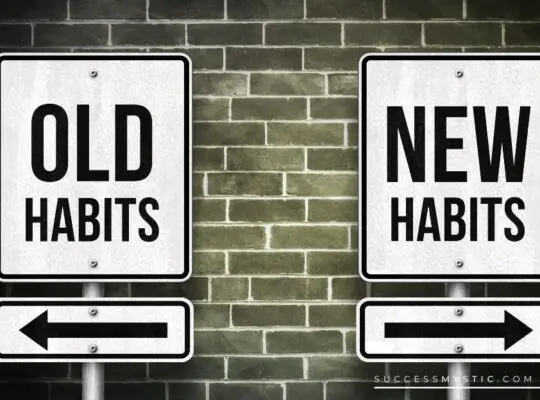We all get angry and frustrated. It’s a natural part of life, and it’s okay to feel exasperated sometimes. The problem isn’t with the emotion itself. The problem is in how you express it.
In the past, therapists used to prescribe what they referred to as ‘benign behavior.’ These are things like punching your pillow, screaming at the top of your lungs, or throwing your old stuff from the edge of a cliff. They described it as being cathartic.
While that may be true, in a sense, the fear is allowing it to escalate to more intense types of behavior. This usually happens in the heat of the moment when your rage cripples your logical thinking. What starts as ‘benign’ can cause harm to yourself or others.
The great author, Isak Dinesen, said, “The cure for anything is saltwater: sweat, tears, or the sea.” There are a couple of more good ways to vent that have nothing to do with salt or water, for that matter.
Below are four healthy ways to vent your frustration. Some you can do on your own, others you’ll need the help of a good support buddy. So, let’s get started.
1| Cry
Research shows that crying is a positive and healthy way to let off steam. You release pent-up negative energy by relieving your body of stress-inducing hormones.
The reason? When you cry, you activate the parasympathetic division of your nervous system. As a result, your heart rate decreases, along with your blood pressure. Plus, it reduces stress and helps restore your body’s state of balance.
Another reason why crying is good for you: manganese. This mood-regulating chemical helps combat anxiety and depression. Cool, huh?
2| Write
You don’t have to be a therapist to know that writing your feelings down is therapeutic. When they’re in front of you, on paper, these negative emotions become tangible in a way. They’re just some random thoughts floating in your brain anymore.
Once you create some space between you and your anger, it gives you a fresh perspective on the situation. It also gives you clarity of thought. Suddenly, you become in control of your feelings, and not the other way around.
Some people take another approach. They write their thoughts and feelings on a piece of paper, then tear it up. Others throw it in their fireplace and watch it burn, like a cleansing ritual.
We recommend that you try all three techniques and see which one works for you.
3| Exercise
This is one of the best ways to vent your frustration. The best part is that it can be as simple as taking a walk or as hardcore as climbing a mountain. It’s up to you!
Exercise is good therapy for several reasons. One, it releases endorphins. These ‘feel-good’ hormones are responsible for reducing anger and stress. They also enhance your mood, boost your concentration levels, and improve the quality of your sleep.
On top of all that, you burn calories and build some muscles. By looking and feeling terrific, your self-confidence will improve.
To get even more out of your workout, pick a physical activity you can do outdoors. You can jog, hike, take a walk—whatever feels comfortable to you. If you live near the beach, go for a swim, as Dinesen suggests, and let the salt water wash away your frustrations.
The point is to connect with nature and smell some fresh air. It’ll remind you to focus more on the bigger picture and that there’s more to life. You may even realize that what’s been bothering you isn’t as huge as you once thought.
4| Meditate
If you’re a parent, you’re probably an expert on the quick 10-second version. You know the type we’re talking about. When you’re arguing with your children, then you take a deep breath, close your eyes, and slowly count to 10.
That’s meditating! A pretty condensed form of it, but it works just the same.
The great thing about meditation is that you can do it anywhere, at any time, and for however long you want. You can light a scented candle if that helps. Some people turn on ambient sounds, like rain falling, a river flowing, or waves crashing on the shore. They like having relaxing white noise in the background.
Others prefer to sit somewhere completely quiet with no distractions of any kind.
The one thing that remains constant in all forms of meditation is your breathing.
A Final Note
Knowing what works for you is vital when you’re trying to let go of your anger. Try the four healthy ways to vent your frustration, then decide which one works best for you.
Maybe all four work great, maybe you’re comfortable only doing one. The important thing is to not leave your negative emotions bottled up. You must step up and take control of your emotions.
To do that, you must realize it’s only a matter of time before things change for the better. Then, you’ll be able to deal with your frustrations in a healthy and productive way. All it takes is a little practice.







